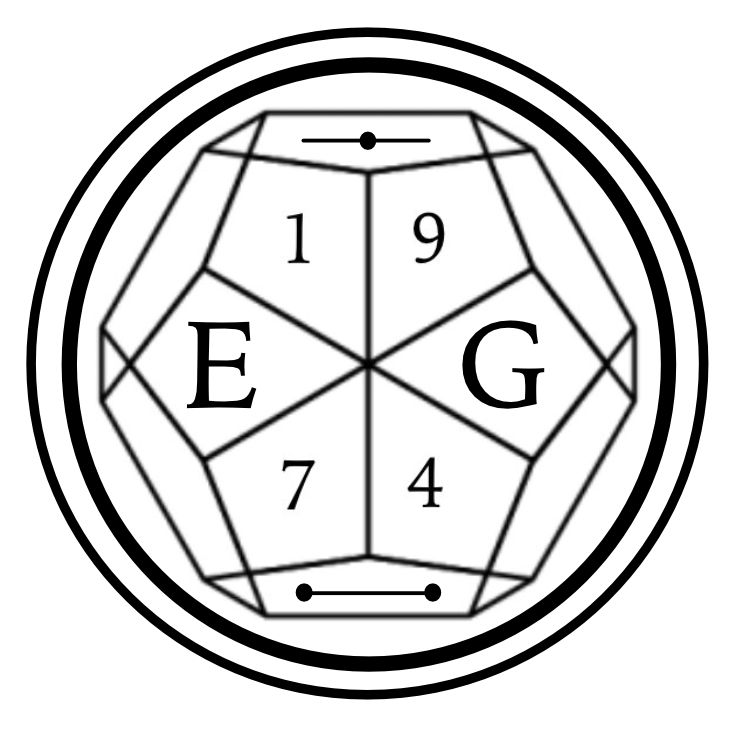Science is what is, which requires nor benefits from belief. Adding a belief layer is interpreting, exploitable, and leads to believing untrue things as true (Science).
Reduced Logical Form: I believe what is (true) = Oxymoron
Oxymoron: A rhetorical figure in which incongruous or contradictory terms are combined
Explainer: It is impossible to believe what is true.
—Highly Related—
Question: 1 - Is it true or false?
Hint: Is/must/can the number/digit/integer 1 (one) be boolean in [all] cases? What are the conditions in which 1 is false?
Test from OCaml:
if 1 then true else false;;
Theorem Pseudocode: if (1 = true) && (2 = 1 + 1) && (2 = true && true) then [true +& true +& …] = true else nothing else matters
Note my recursive application to all other numbers/physics and inference that if 1 is not true, nothing is true
Postulation: All positive integers are true


It’s unfortunate that you’ve chosen to focus on a semantic nitpick as the only thing to reply to rather than all the other more interesting talking points.
It’s also unfortunate that you’ve chosen to condescend throughout all the posts you’ve written, which really makes me want to not rely to you.
That said, you’ve already shown a brutal contradiction:
Wikipedia:
‘to serve as a premise or starting point for further reasoning and arguments’
Tutors:
‘contribute to an axiomatic system’
Wolfram:
‘a proposition regarded as self-evidently true without proof. The word “axiom” is a slightly archaic synonym for postulate.’
What these definitions all say that I think you’re wilfully choosing to ignore (or just not reading carefully enough) is that these are all assumptions meant to make a system internally logical.
It’s also amazing how you can say
‘Saying 1 + 1 = 2 serves as foundation for further deductive reasoning […] is generic, imprecise, and worthless’
when that is literally what half of your definitions also say.
‘Saying 1 + 1 = 2 is Axiomatic is like saying Oxygen is an axiom or axiomatic. To further build the periodic table. No, Oxygen just is, a fundamental piece of reality which is also true!’
You’re still not getting it, which means you’re not reading anything I’ve said at all about human-centric perception (which is a shame given how much time I’ve had to spend trying to parse your poor semantics.)
There’s a difference between the element and atoms of Oxygen that do exist in our world and the name and observed properties of Oxygen that we have derived and given to Oxygen. The strange thing is that I think while everyone else agrees that the testing, observing, and ascribing of properties to something is science, you think that the existence of oxygen itself is science (and therefore science is truth?)
To bring it back to your original equivalences, 1 is true in most languages and systems because along the way, humans decided to use 1 to notate a truth value. If we had wanted (and some systems do), 0 could have been used as the truth value, or even a letter. We’ve then decided to build entire lines of logic from that number, and obviously from within the observational parameters of this framework, 1 must be true for any of our observations to be internally consistent. But two things:
Fundamentally your dogmatic clinging to axioms as somehow underpinning some universal truth when they are meant to be convenient frameworks to build upon shows a very shallow understanding of the building blocks with which humans have built our understanding of the world. I highly recommend you take the scientific method to heart and try posting these “deep” thoughts in other places to see if anyone else agrees that they’re deep. If they don’t, I invite you to revise your hypothesis and reassess whether what’s “true” to you really is true to the mathematicians and scientists of the world.
Edit: Just want to add that I won’t be replying to you anymore as it’s taking a lot of more time and the worse thing is I don’t think you’re even trying to understand what others have to say despite your talk about “no shallow thinking” (lol). There’s no point in talking to a brick wall, especially a condescending one, and I’m sure we both have better things to do with our lives.